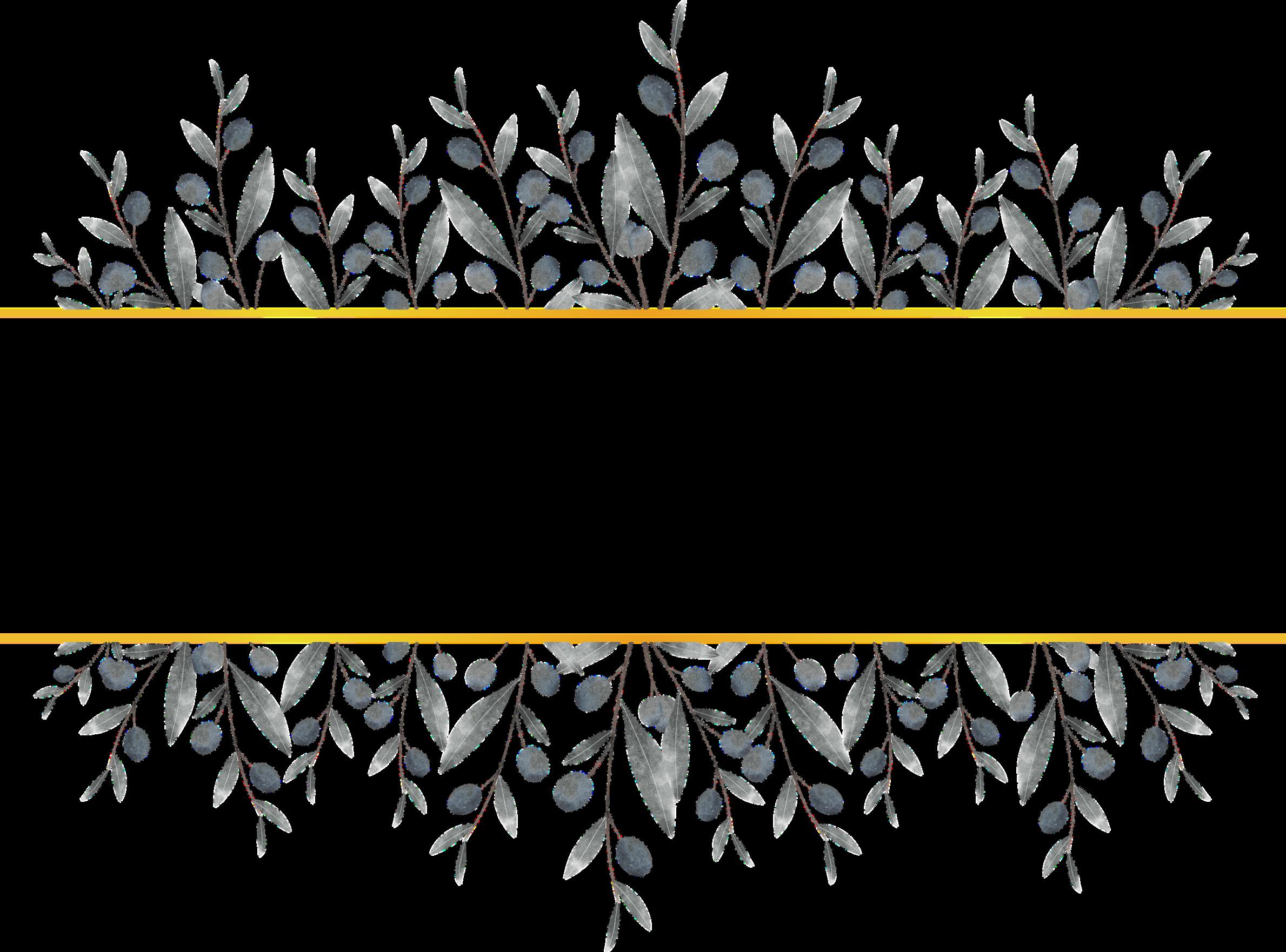
2 minute read
Recreation within
‘Hadhrat Aaishah narrates:
I once accompanied Rasulullah ﷺ on one of his journeys while I was still a young girl and light in weight. During the journey, Rasulullah ﷺ instructed the Sahaabah saying, “Proceed ahead.” After the Sahaabah had gone ahead (and we were now in seclusion), Rasulullah ﷺ said to me, “Come! Let me race with you!” We therefore raced and I beat the Messenger of Allah
Advertisement
ﷺ on this occasion, Rasulullah ﷺ did not say anything. Some time later, when I had picked up some weight and had forgotten (the previous race), I again accompanied Rasulullah ﷺ on one of his journeys. During the journey, Rasulullah ﷺ instructed the Sahaabah saying, “Proceed ahead.” After they had gone ahead (and we were in seclusion), Rasulullah ﷺ said to me, “Come! Let me race with you!” We again raced and this time, Rasulullah ﷺ beat me. On beating me, Rasulullah ﷺ began to smile and said, “This is in return for that (i.e. I beat you on this occasion, whereas you beat me on the previous occasion).”
When our respected mother, Hadhrat Aaishah raced with Rasulullah ﷺ, it was done in complete privacy and seclusion, thereby maintaining the highest levels of hayaa (modesty) and hijaab and not violating any command of Allah Ta‘ala in the process. It is thus clear that before engaging in recreation, be it in the form of exercising, cycling, swimming, etc., it is necessary for us to first ensure that no law of Allah Ta‘ala will be broken. If the activity will inevitably lead to the law of Allah Ta‘ala being broken, then the activity will have to be abandoned. Similarly, when going on holiday, care and precaution has to be taken to ensure that we do not go to places which are not in keeping with the demands of hayaa.
Abū Hurairah narrates that the Messenger of Allāh ﷺ said: "There are two phrases whuch are light on the tongue, weighty in the scale, and most beloved to the Merciful (Allāh): "SubhanAllahi wa bihamdihi,Subhanallahil Adheem,” Bukhārī and Muslim
From the grace and kindness of Allah, these two phrases have been made "light on the tongue", meaning that they only contain those Arabic letters which are easy to pronounce. These two phrases will also be " weighty in the scale" of deeds on the day of Qiyāmah due to the blessings of the name of Allāh and the proclamation of Tawhīd within them. If these phrases are beloved to Allāh, then surely its reciters will become the beloveds of Allāh as well! Ar-Rahmaan (The Most Merciful) has been appropriately used in the Hadīth to indicate the vastness of Allāh's mercy and kindness for granting great rewards for small acts of goodness. By reciting ﷲ نﺎﺤﺒﺳ, one testifies that Allāh is free from all qualities not befitting His grand status, هﺪﻤﺤﺑ و is an acknowledgment of His perfection and ﻢﻴﻈﻌﻟا ﷲ نﺎﺤﺒﺳ is one's acknowledgment of one’s inability to appropriately praise and glorify Allāh. Tasbīh is usually mentioned before Tahmīd because vindication and clearing comes before beautification and decoration. This was the last Hadīth narrated by Imām Bukhārī in his Sahīh. How infinite are the blessings and favours of Allāh upon us! It is therefore only natural that we remember and thank Allāh Dhikr, the object of which is to gain closeness to Allāh and increase our ranks in the Ākhirah. However, through the virtue of Dhikr, one would also be rewarded with goodness the Dunyā. It generates peace of mind and tranquility, it cures illness, it purifies the heart, it draws sustenance and protects one from the evil whisperings of Shaitān. May Allāh Ta’aala make us from the Dhakireen, Ámín.









